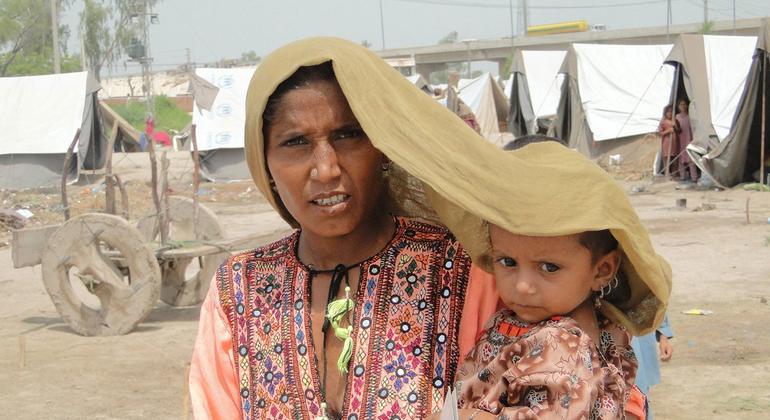At COP30 held in Belém, Brazil, the World Health Organization (WHO) presented a concerning report on the impact of climate change on public health. According to the document, over half a million people die each year due to extreme heat, and a significant number of hospitals globally are at risk of closure.
WHO Director-General Tedros Adhanom Ghebreyesus warned that the climate crisis is a public health emergency that is already happening. He noted that global temperatures have surpassed the 1.5°C limit, affecting between 3,300 and 3,600 million people in particularly vulnerable regions. Furthermore, hospitals are in a dire situation, with a 41% higher likelihood of suffering damage from extreme weather events compared to 1990. Without urgent decarbonization efforts, the number of vulnerable health centers is expected to double by mid-century.
Despite some progress in planning and responding to this crisis, the report reveals serious deficiencies in adapting healthcare systems. Only 54% of national health adaptation plans assess climate risks, and less than 30% take into account economic inequalities. The lack of consideration for gender issues is equally concerning, affecting less than 20% of plans, while less than 1% include people with disabilities.
In light of this, over 35 philanthropic organizations have committed $300 million through the Climate and Health Funders Group. This effort aims to finance policies, research, and innovative solutions to mitigate the effects of extreme heat, pollution, and climate-related diseases, aiming to strengthen healthcare systems and improve early warning systems.
Special health envoy for COP30 Ethel Maciel emphasized the urgency of adapting healthcare facilities to increasingly frequent climate phenomena, citing the recent dengue epidemic caused by floods in Brazil. Maciel highlighted the three pillars of the Belém Health Action Plan: tracking climate and health data, training professionals, and promoting research to find solutions against climate-related diseases.
The report concludes by reinforcing that climate change transcends the environmental sphere: it is a critical challenge that threatens the health of millions of people worldwide, requiring coordinated and effective action from all sectors involved.
Referrer: MiMub in Spanish











